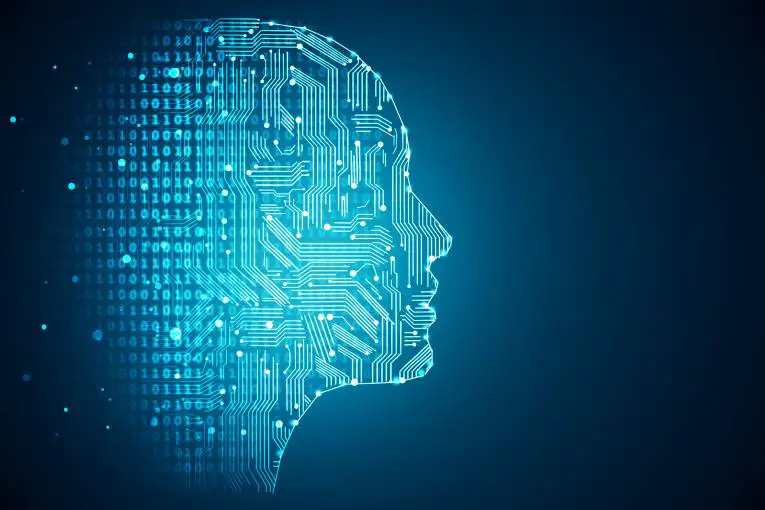
CommonCentsMom.com is advertiser-supported: we may earn compensation from the products and offers mentioned in this article. However, any expressed opinions are our own and aren't influenced by compensation. The contents of the CommonCentsMom.com website, such as text, graphics, images, and other material contained on this site (“Content”) are for informational purposes only. The Content is not intended to be a substitute for professional financial or legal advice. Always seek the advice of your Financial Advisor, CPA and Lawyer with any questions you may have regarding your situation. Never disregard professional advice or delay in seeking it because of something you have read on this website!
Every generation, there are important historical figures that leave their mark in history. However, there are those who left more than just that. These are the 15 most intelligent people in the history of the world.
They are responsible for their accomplishments that set benchmarks on how the world evolved. Some were scientists, others were inventors, philosophers, and composers. Let’s take a look now at the following list of 15 people who were considered the most intelligent in the world’s history.
1. Thomas Jefferson
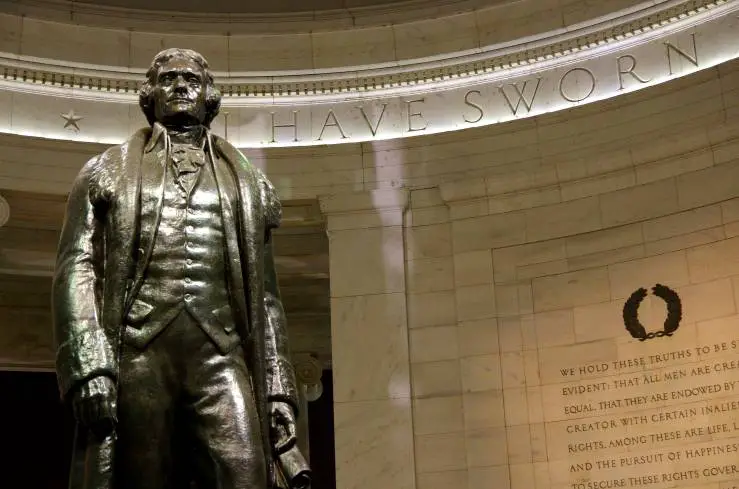
The author of the Declaration of Independence, Thomas Jefferson was one of the most important figures in world history. He was among one of the many leaders that helped create the United States of America. He would soon become the nation’s third President.
Even though he was a statesman, he was also a man of many talents. Among his wide variety of interests, he loved architecture. He is believed to be one of the driving forces behind the Neo-Palladian style of architecture that has led to the design of his own estate of Monticello (among others).
2. Leonardo da Vinci
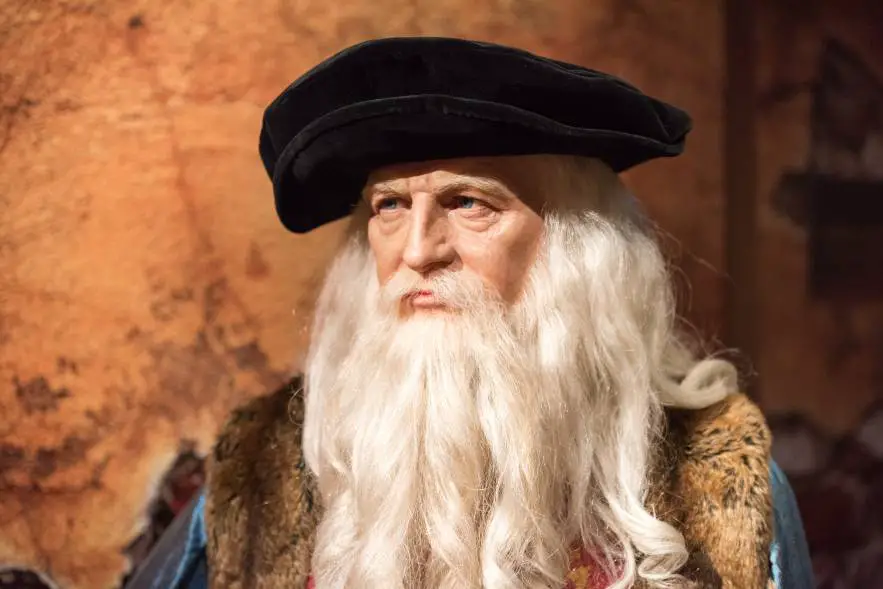
Leonardo da Vinci may have been known for his art. However, he also made a mark on the world as a scientist and inventor. He made several contributions including engineering, physics, human anatomy, and physiology.
One of his most famous designs may have set the stage for modern aviation including a ‘flying machine’. This has inspired what we now see as helicopters. da Vinci was a man ahead of his time.
Even today, his works of art are still appreciated by many around the world. They even fetch a ton of money at auctions, including one being sold for a record-breaking $450 million.
3. Albert Einstein
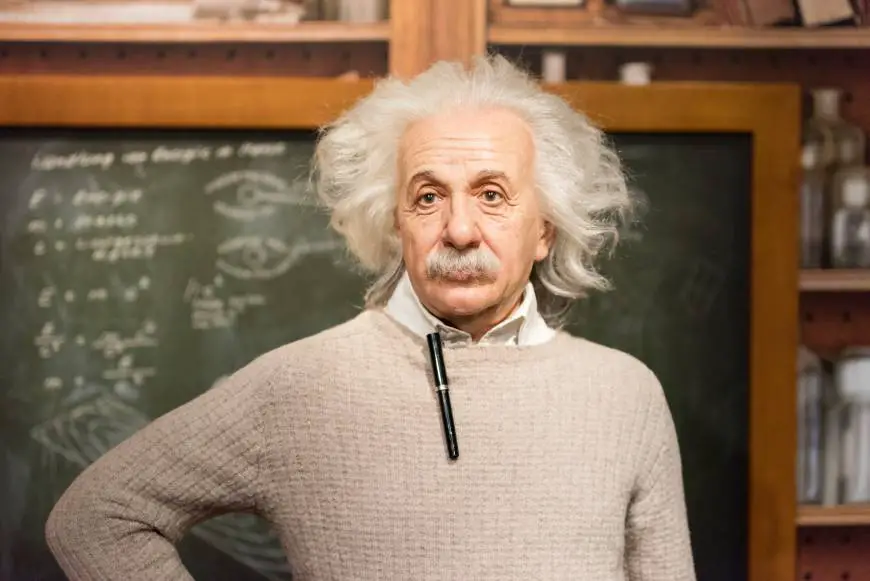
Einstein may be the perfect analogy for a smart person. The German physicist and mathematician is best known for the Theory of Relativity. He is also known for the equation of E=MC2.
That equation helped change physics for the better including our understanding of the universe. One of his other theories – the Theory of Happiness – states that “a calm and modest life brings more happiness than success combined with restlessness”. The theory that he personally wrote in 1922 went for an eye-popping $1.3 million at an auction in Israel.
4. Wolfgang Amadeus Mozart
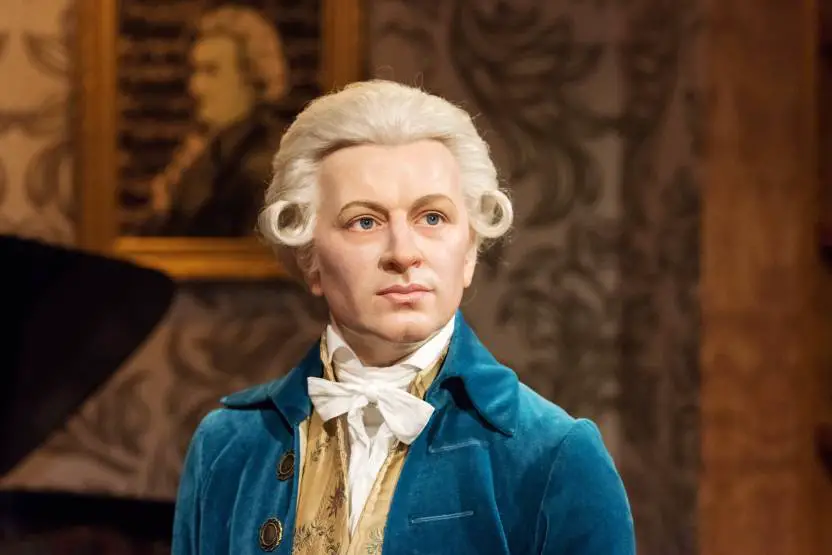
Mozart was considered a prodigy in his childhood years. He began composing music at the age of five. It would culminate into a compilation of the most recognized tunes that have made their mark in the history of classical music (and the world). These include “Eine Kleine Nachtmusik”, “Symphony No. 40”, and “The Marriage of Figaro” among others.
One biographer claimed that Mozart didn’t show any signs of being a genius. Yet, Mozart may have proven that even if you don’t look the part, you can execute the actions of one well enough.
5. Stephen Hawking

To sum up the perfect analogy, Hawking was the Einstein of the modern generation. Despite his physical disability, it didn’t stop him from making his mark in world history. He was known for his work on quantum mechanics, black holes, and helping us understand the origins of the universe.
He was also a cosmologist. He helped us understand space and beyond. All while inspiring generations of scientists in the field. It has fitting enough that after his passing, his remains were interred on the grounds of Westminster Abbey near two of the most intelligent people in our world (who are also on the list) – Charles Darwin and Issac Newton.
6. Issac Newton
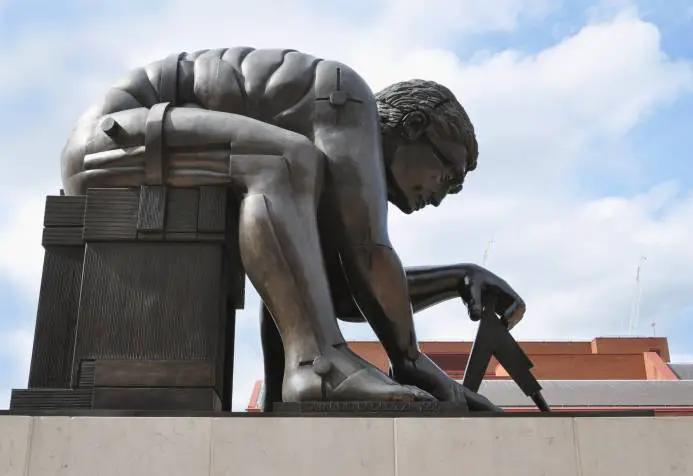
Newton was a mathematician and a physicist. He is connected to the laws of motion and the theory of gravity. These were known to help develop modern day physics.
Aside from his Laws of Physics, he also made contributions to the field of mathematics. It is believed that Newton may have invented calculus at some point in the 1660s. Calculus is known for its uses in various scientific fields including physics and chemistry.
The Theory of Gravity is believed to be developed when Newton witnessed an apple falling down close to him.
7. William Shakespeare
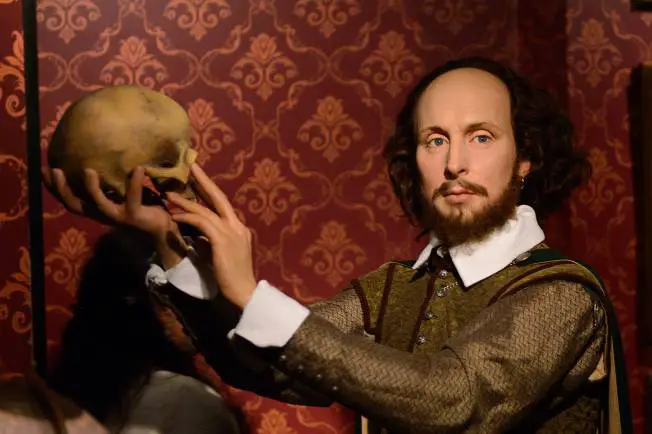
A playwright whose works continue to be appreciated to this day – William Shakespere may have helped us understand human nature and their condition. His plays such as ‘Hamlet’ and ‘Macbeth’ are seen as the best examples of human nature and characteristics.
These characteristics include seeking revenge, romance, and deceitfulness among others. His plays may be seen as case studies that will help us understand modern human nature even today.
Even today, his many plays are being read and even performed on stage. His legacy as a playwright has also shaped and inspired other playwrights including Arthur Miller, Eugene O’Neill, and others.
8. Thomas Edison
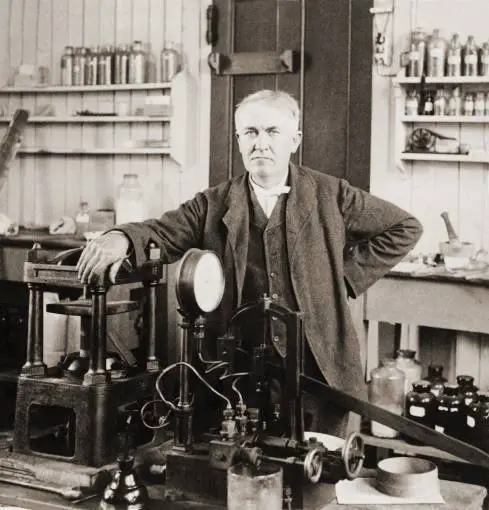
Thomas Edison was an American inventor and businessman. He is believed to be the inventor of the incandescent lamp (or the light bulb). He also is known for other electrical innovations that helped develop the devices and appliances that we use today.
Another invention that has put his name on the map was the phonograph. This invention was responsible for the development of the record player. He was also responsible for developing technology that would set the benchmark for the production of films.
Many of the modern devices and the technology used could very well be traced back to Edison’s brilliance.
9. Marie Curie
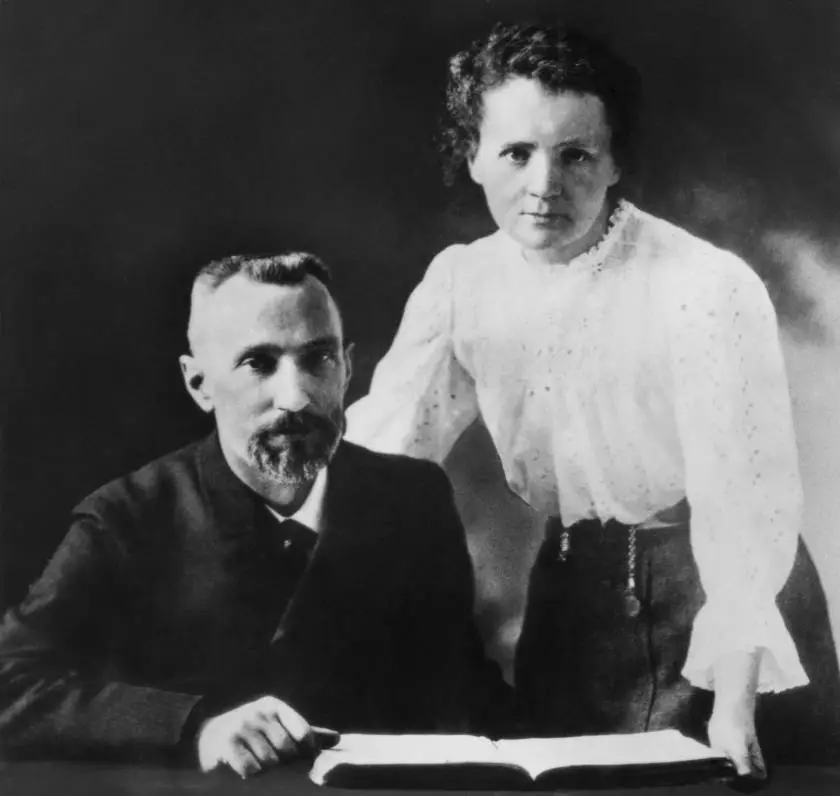
Marie Curie was a pioneer of modern science. She is widely considered as one of the most prominent women in the field. She was best known for her research and theories on radioactivity.
Her accomplishments were enough to award her the Nobel Prize for Physics, becoming the first woman to do so. Curie’s research and discoveries would also pave the way for medical treatments.
This included the use of radiation treatment for people fighting cancer. If not for Marie Curie, the dreaded disease may have claimed more lives than it already had. Thus, her legacy lives on in the millions of people that benefited from such treatments.
10. Charles Darwin
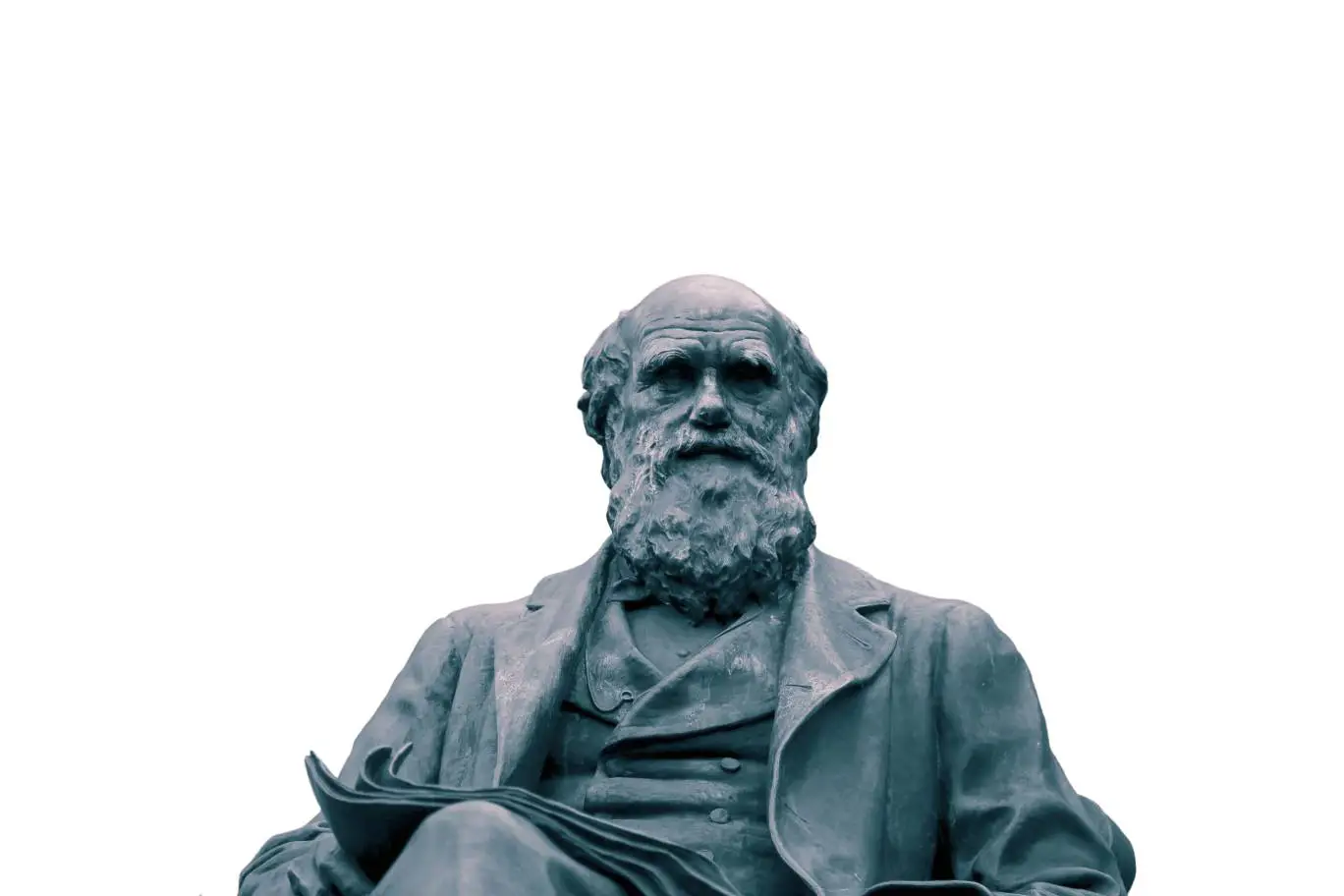
Charles Darwin was a naturalist who also made contributions to other scientific fields. However, he may be best known for his development of evolutionary biology. This also included the Theory of Evolution by Natural Selection.
His beliefs in evolution may have created controversy among its opponents. But he never used the term evolution, even when presenting what he considered his views or theories in human biology. Today, his theories are still being taught in schools throughout the world.
11. Galileo Galilei
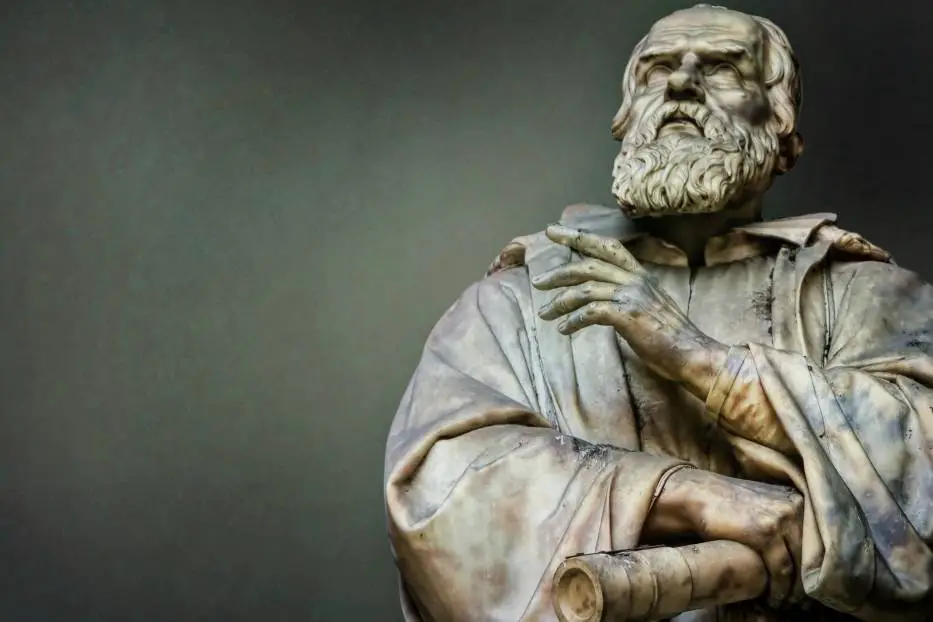
The Italian astronomer and physicist was known for his discoveries in astronomy and physics. One of them included the discoveries of craters and mountains on the moon as well as the stars of the Milky Way among others.
He is believed to be the driving force behind the creation of the Copernican model of the Solar System. This model showed that the Sun – not the Earth – was the center of the universe. He was able to discover several planets in the solar system using a telescope including Saturn.
12. Alan Turing
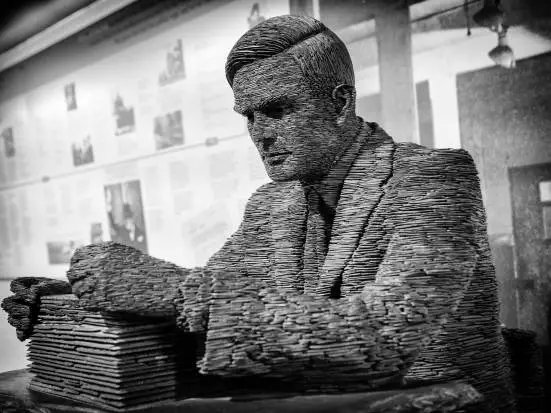
Alan Turing’s brilliant discoveries have recently become a growing topic of discussion. That discovery was artificial intelligence (AI). Prior to that, he also helped develop a code-breaking machine that helped the Allies defeat Adolf Hitler and the Nazis during World War II.
Turing is believed to have been one of the early pioneers of modern computing. Artificial intelligence continues to be a continuing legacy of Turing’s even today. For example, AI has been useful in developing tools such as ChatGPT.
13. John Stuart Mill
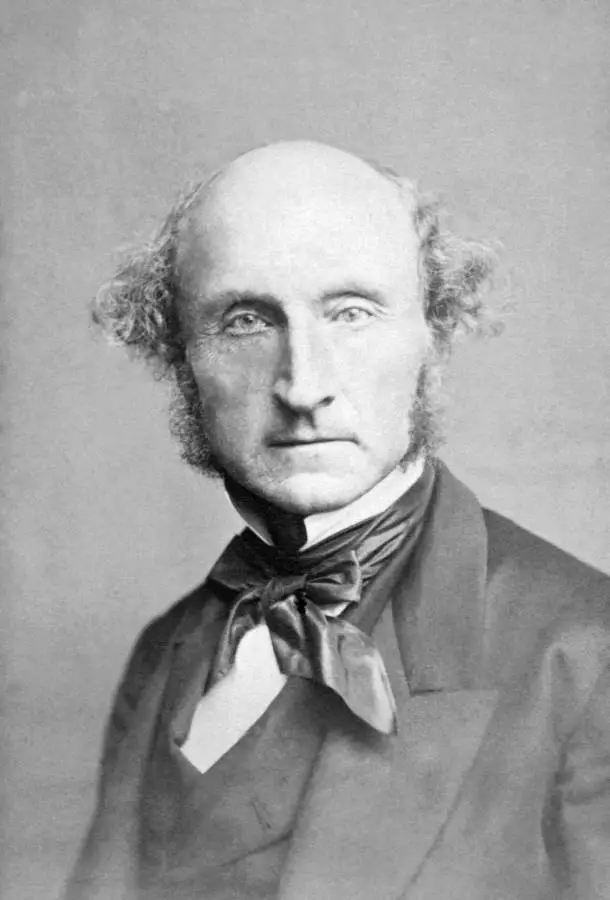
Mill was a philosopher and an economist. He was one of the pioneers of liberalism, which was the idea of individual freedom rather than the economy being controlled by the state. His political theories are responsible for developing modern political thought (especially in the Western hemisphere).
He was known for developing conclusions using induction. Such patterns are being used today by various individuals who voice their theories and opinions (even if there are opposing points).
14. Johann Wolfgang von Goethe
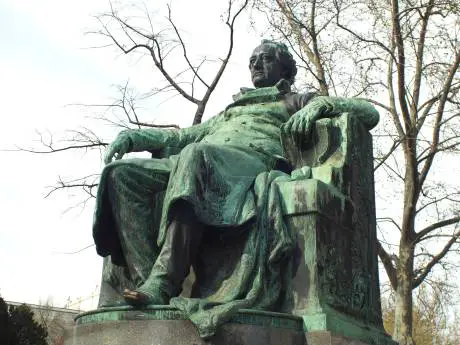
von Goethe was known for his numerous literary works. However, he also had a hand in scientific studies – specifically natural sciences. Some believe that despite being one of the most intelligent people in the world, he is forgotten.
However, his literary works continue to live on including The Sorrows of Young Werther and Faust among others.
15. Rene Descartes
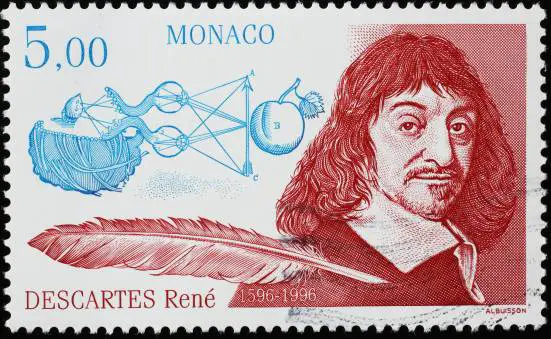
Descartes was a French philosopher known for these words: ‘I think. Therefore I am.’ However, he was also responsible for mathematical contributions including making connections between algebra and geometry. This was believed to help aid in the development of calculus.
Final Thoughts
These intelligent people have left legacies that will last lifetimes. Some of them were thinking steps ahead and inspired the creation of many inventions that we use even today. While the future is uncertain, there is no telling how they can be connected to certain inventions or new theories developed.
They have made an unforgettable mark in their respective time periods. They will continue to be the names that will be discussed now and in the future.






